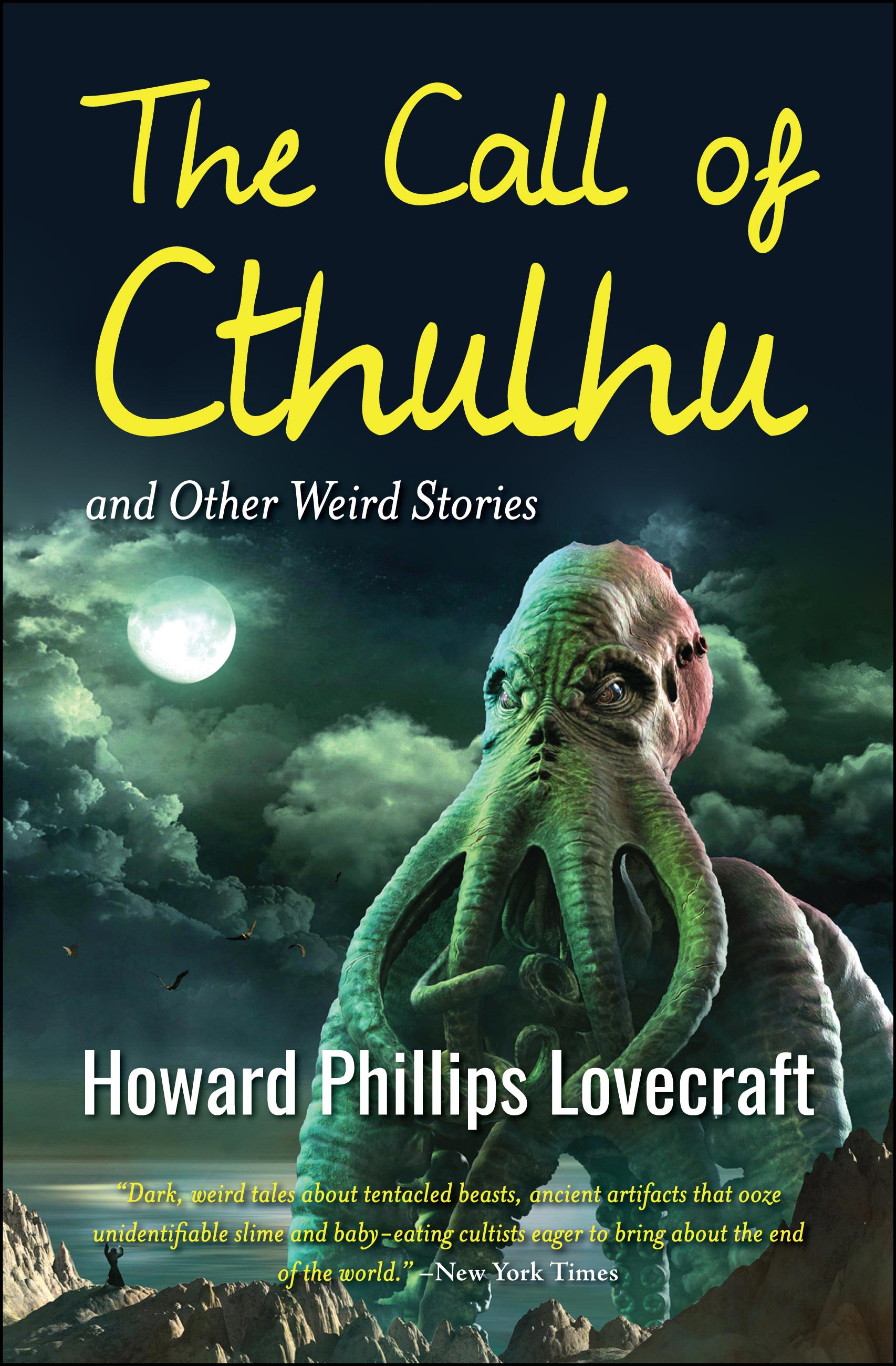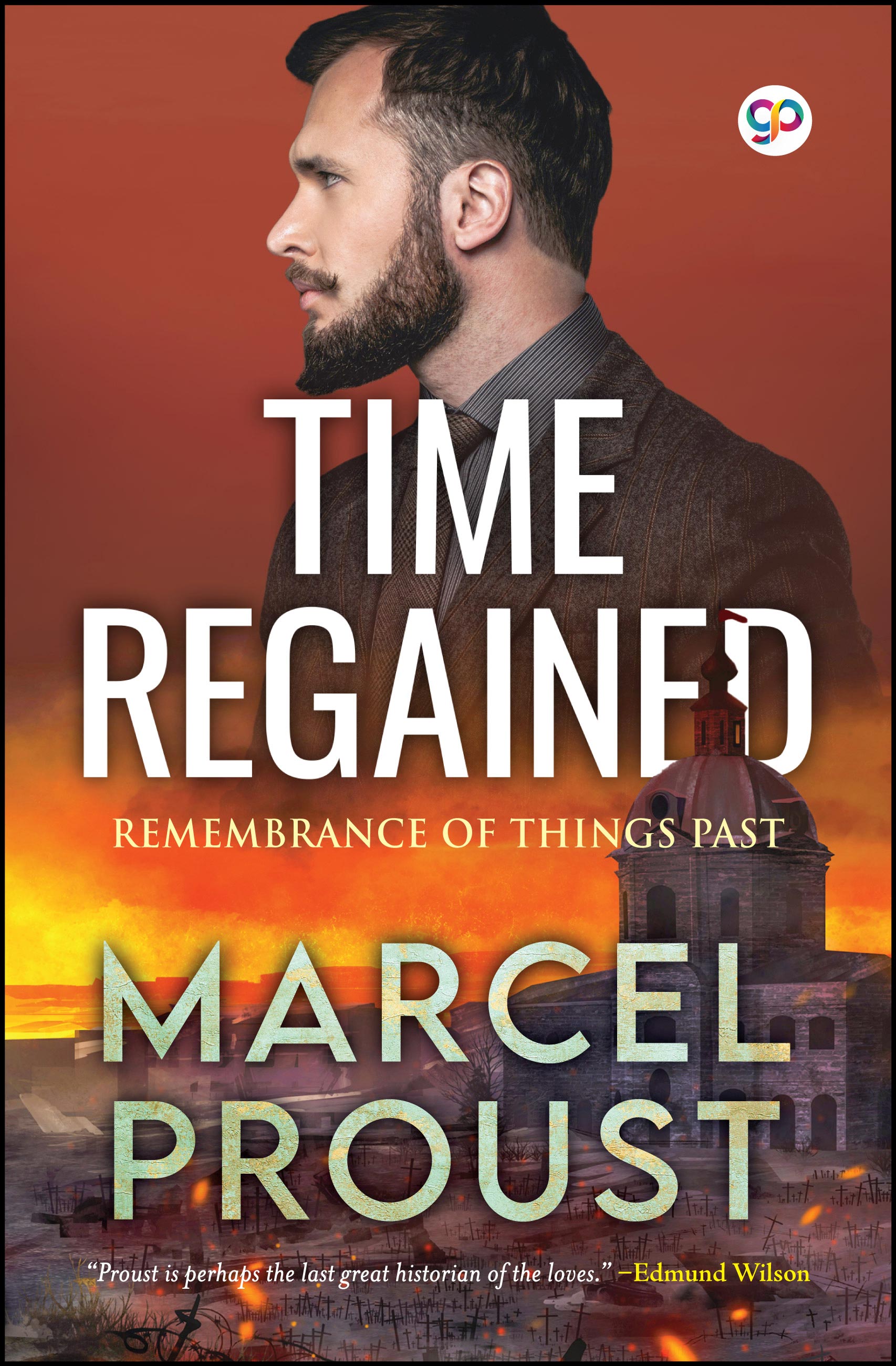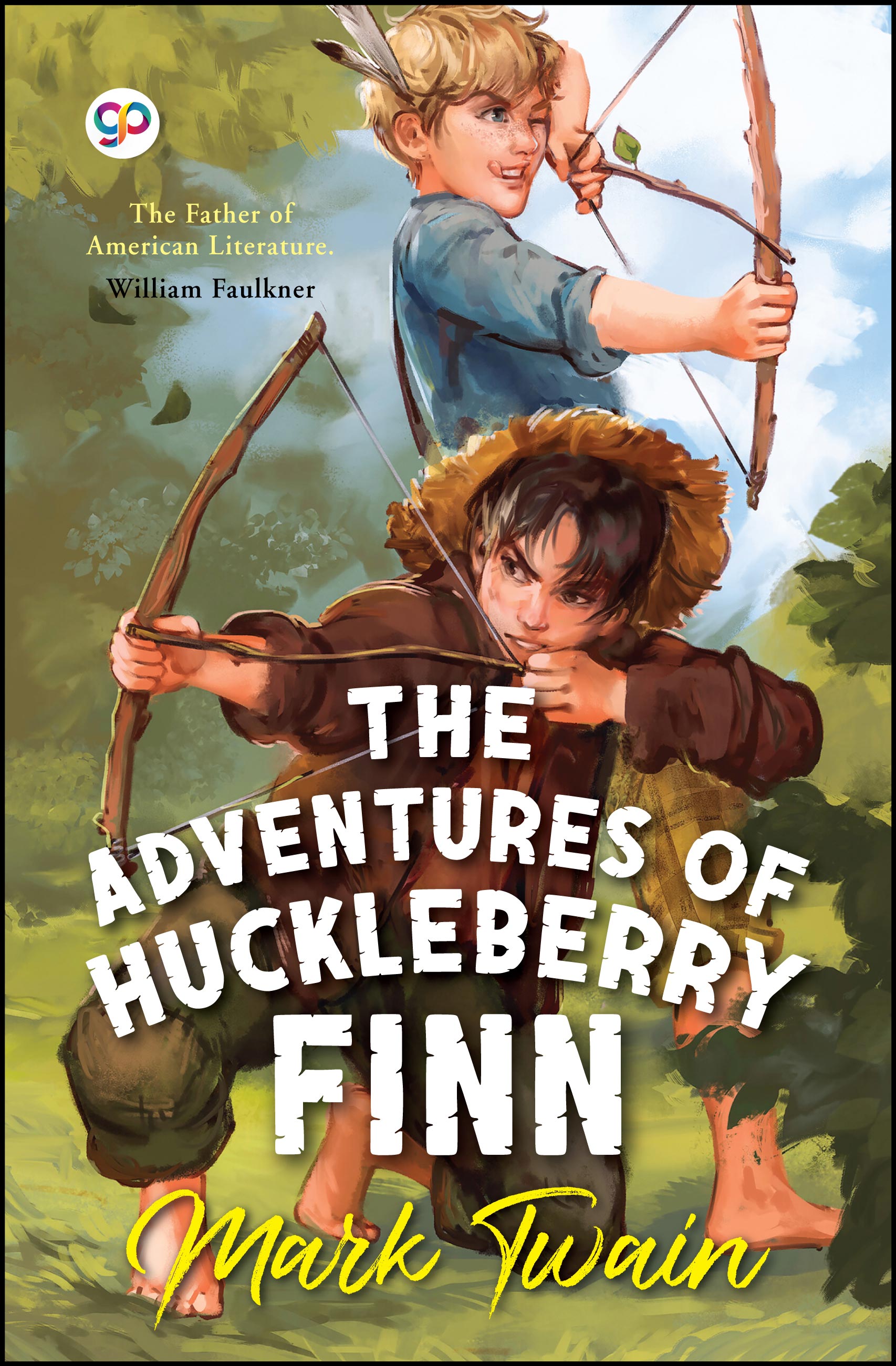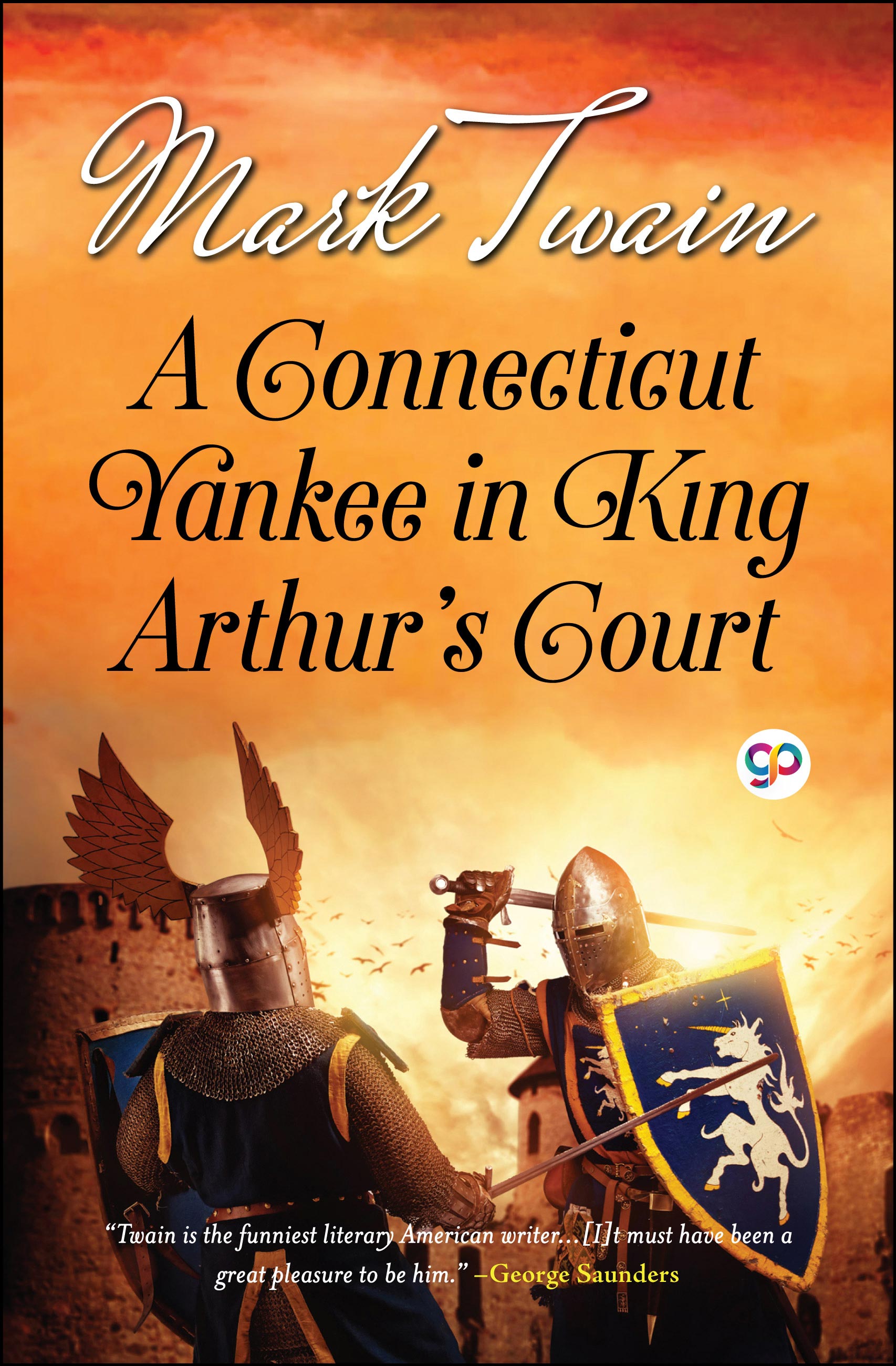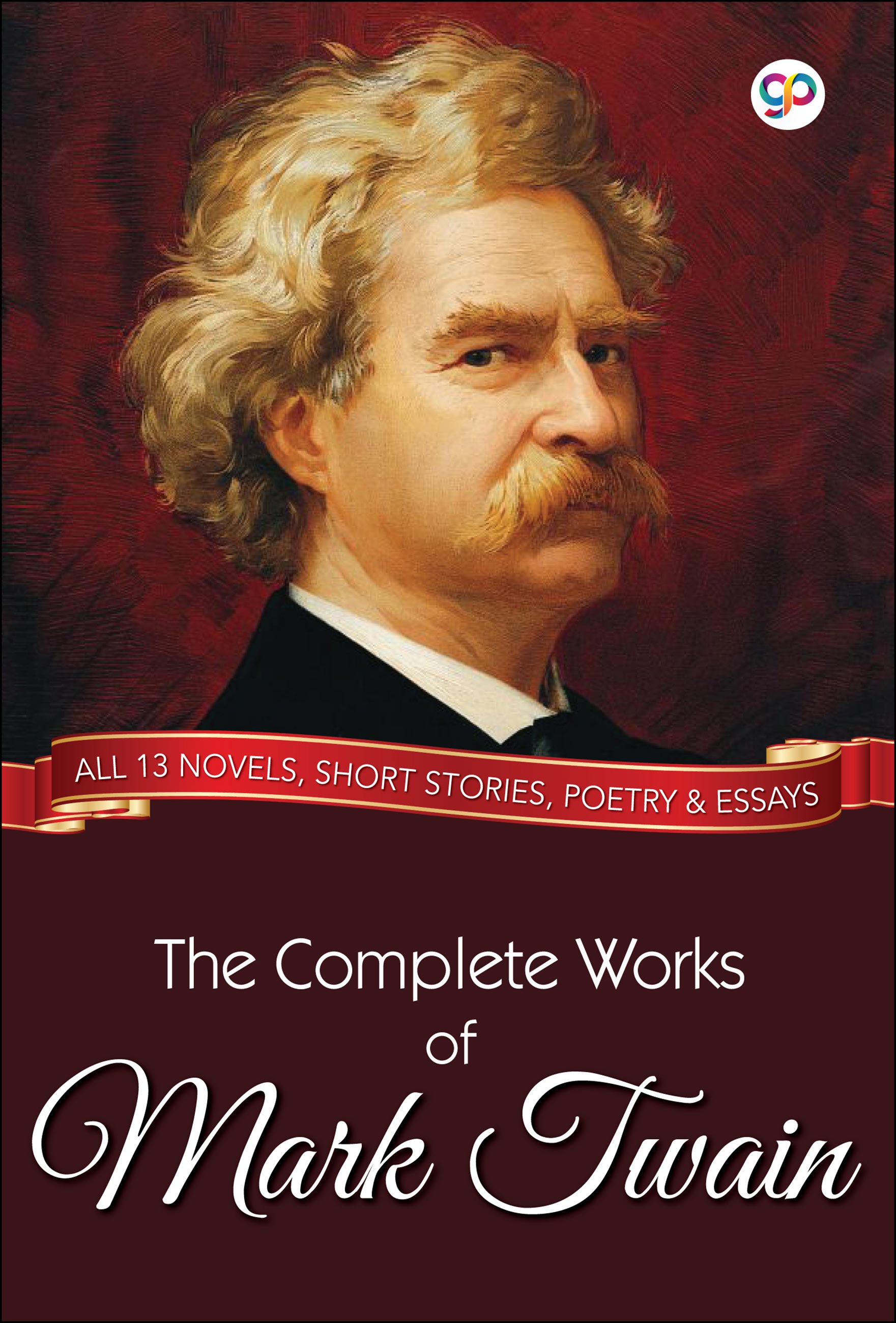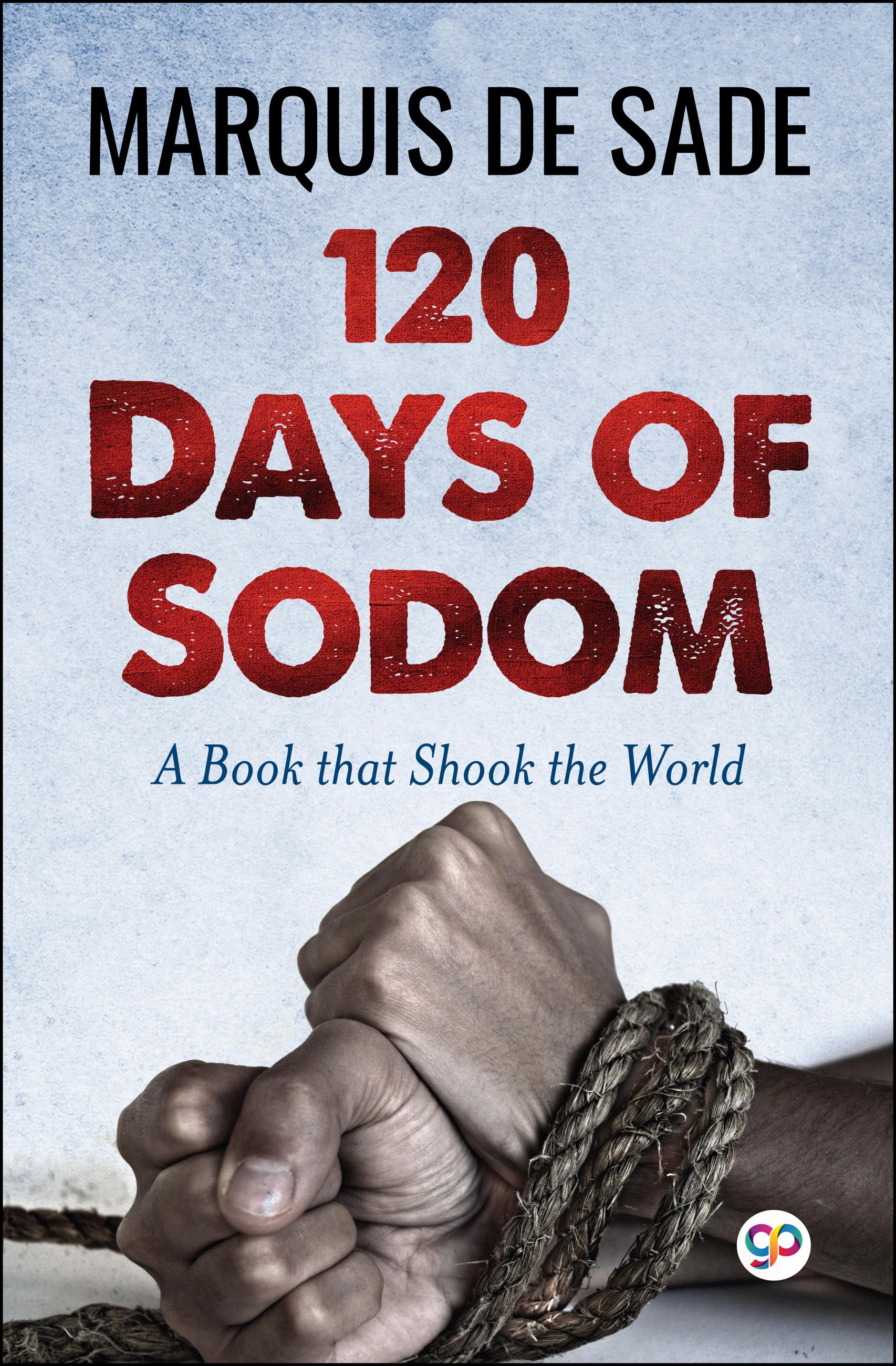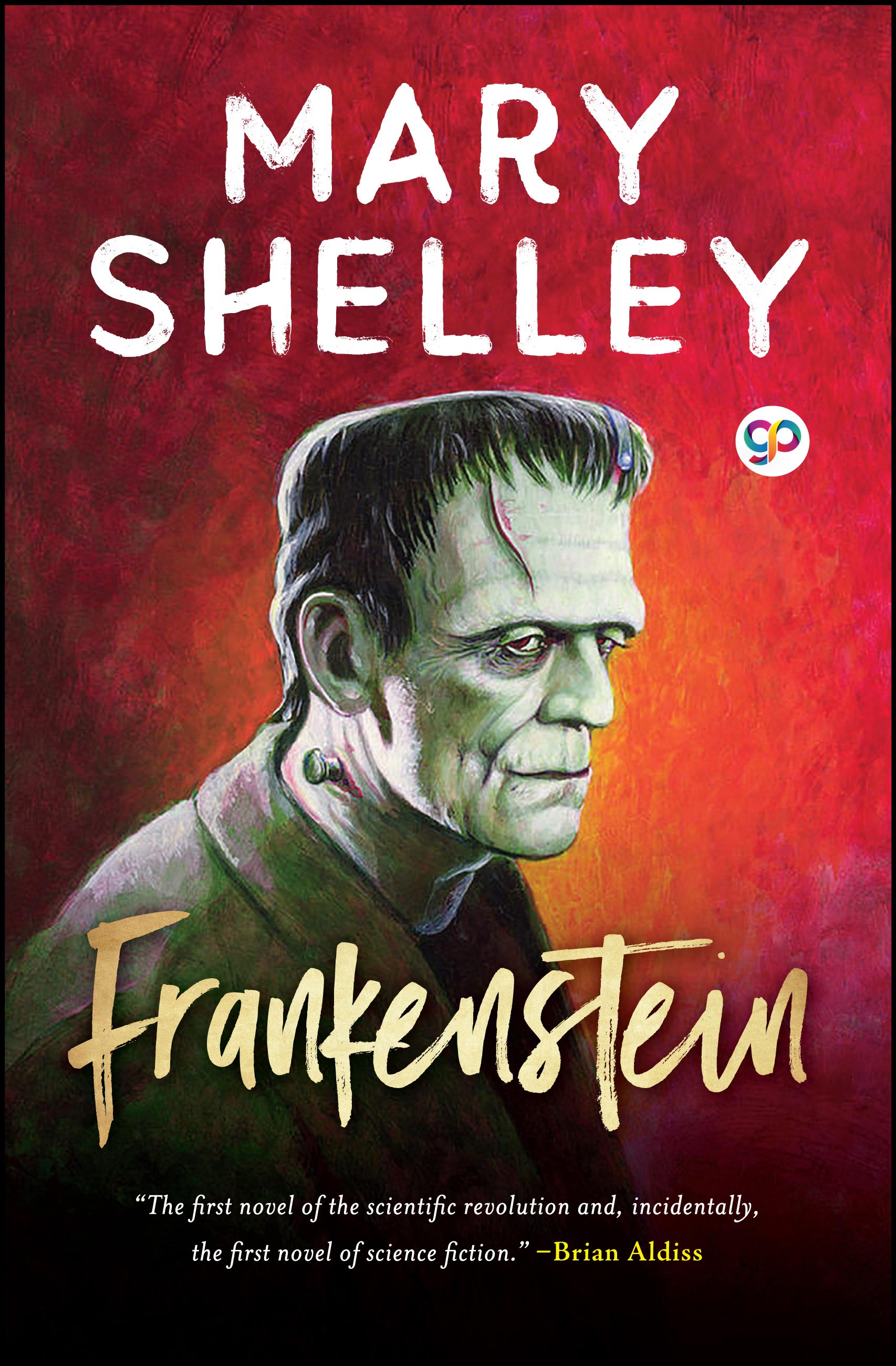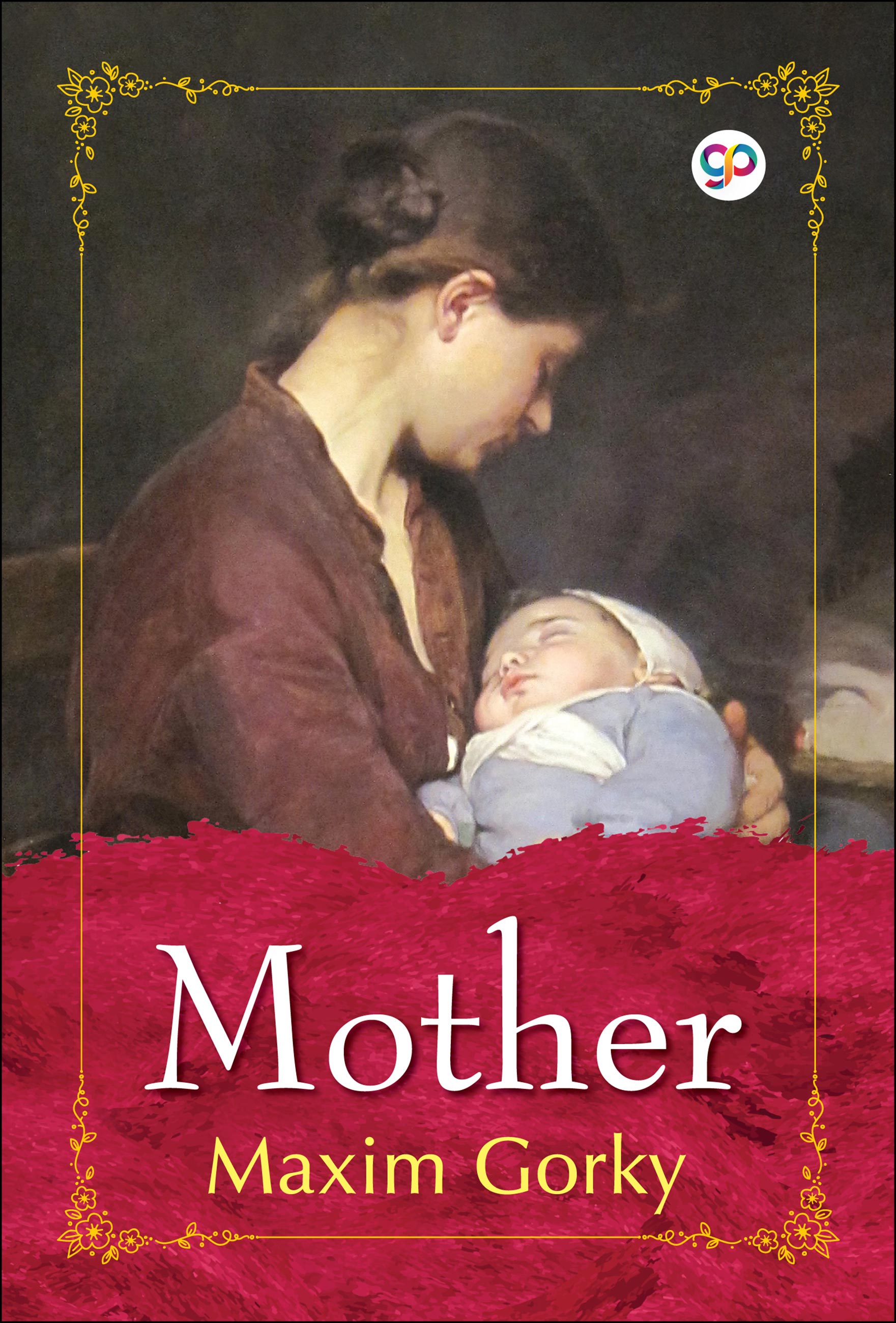
A Farewell to Arms (eBook)
"A most beautiful, moving and human book." —Vita Sackville-West
"A novel of rare intensity and truth, as powerful now as it was upon its release." —Literary Review
First published in 1929, A Farewell to Arms is one of Ernest Hemingway’s most powerful and enduring works. Hemingway, renowned for his crisp, economical prose and understated emotional depth, was a leading figure of 20th-century American literature. His distinctive writing style, often called the "iceberg theory," conveys deep emotion through simple, restrained language.
Set during World War I, the novel follows Frederic Henry, an American ambulance driver in the Italian army, as he falls in love with a British nurse, Catherine Barkley. Against the brutal backdrop of war, their romance blossoms, offering a fragile refuge from the chaos surrounding them. But as the war intensifies and circumstances unravel, their love is tested in heartbreaking ways.
A Farewell to Arms is both a stark anti-war novel and a deeply human story of love, loss, and resilience. Hemingway draws on his own wartime experiences to create a narrative that is at once intimate and universal. The novel’s raw honesty, emotional restraint, and haunting conclusion have secured its place as a literary classic. With themes that resonate across generations, Hemingway’s masterpiece continues to captivate readers with its beauty, simplicity, and profound emotional impact.
BEST SELLERS
About the Author
Ernest Hemingway (1899–1961) was a renowned American novelist, short-story writer, and journalist, celebrated for his concise, impactful prose and adventurous persona. Born in Oak Park, Illinois, he developed an early interest in writing and began his career as a reporter for The Kansas City Star. During World War I, Hemingway served as an ambulance driver on the Italian Front and was seriously wounded, an experience that deeply shaped his literary themes of courage, loss, and resilience.
In the 1920s, Hemingway moved to Paris with his first wife, Hadley Richardson, joining the "Lost Generation" of expatriate writers. His debut novel The Sun Also Rises (1926) captured the disillusionment of postwar youth, while A Farewell to Arms (1929) drew directly from his war experiences. Later works like For Whom the Bell Tolls (1940) and The Old Man and the Sea (1952) solidified his status as a literary giant. He won the Nobel Prize in Literature in 1954.
Hemingway lived in Florida, Cuba, and later Idaho, surviving near-fatal plane crashes in Africa in 1954. Struggling with health issues and depression, he died by suicide in Ketchum, Idaho, on July 2, 1961. His legacy endures through his powerful storytelling and influence on modern fiction.

